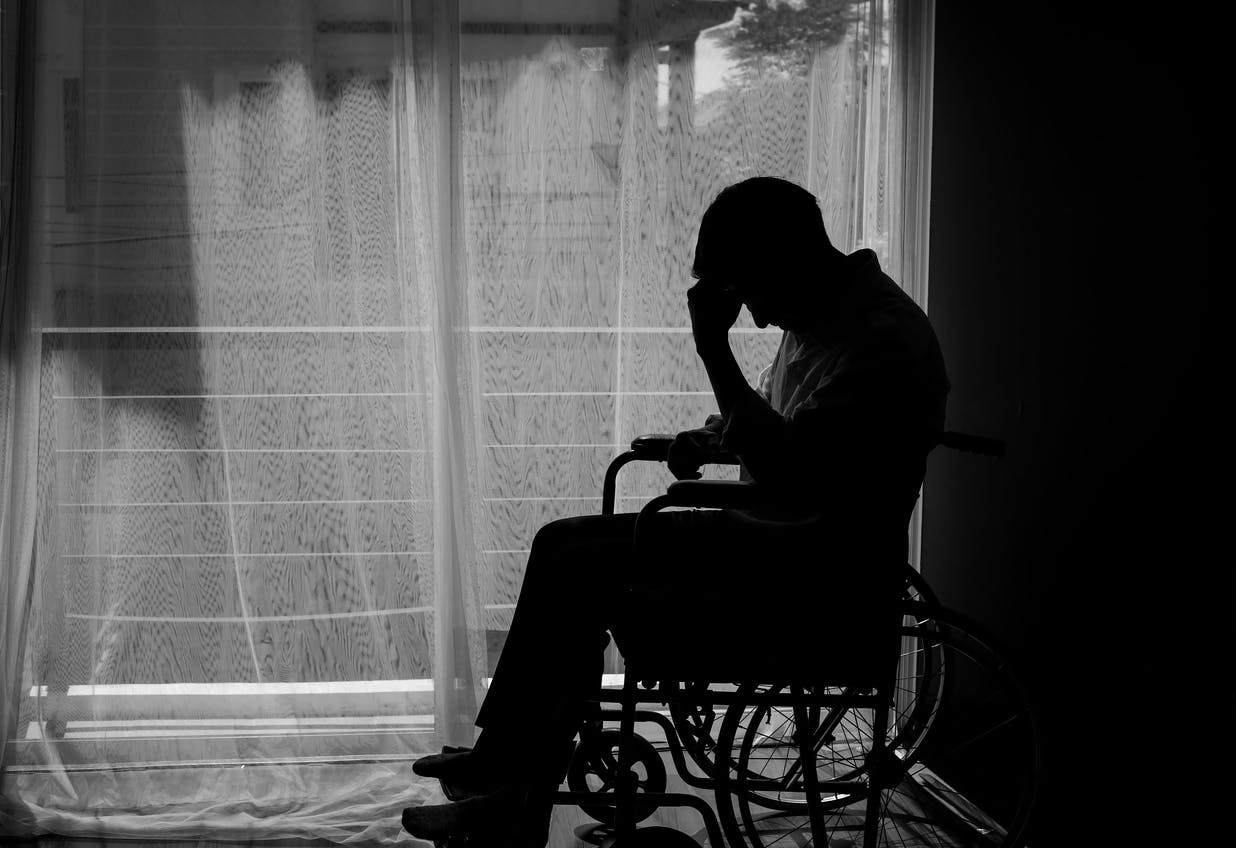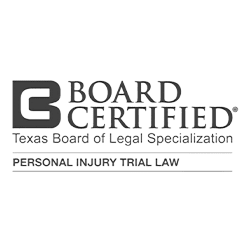Injury to the brain caused by medical malpractice can have life-altering consequences for patients and their families. This type of injury can result from various kinds of medical errors.
What Types of Medical Malpractice Cause Brain Injuries in San Antonio?
Medical negligence in various forms can cause brain injuries ranging in severity from mild concussion to severe traumatic brain injury (TBI), which may lead to permanent disability or death. A brain injury resulting from medical malpractice typically occurs when a healthcare provider deviates from the expected standard of care. The following are common causes of brain injuries involving medical negligence:
- Birth injuries: When a medical team fails to monitor the baby’s oxygen levels properly or makes mistakes during delivery, brain injuries can occur in childbirth, leading to severe conditions such as cerebral palsy.
- Surgical errors: Improper incisions, accidental damage to brain tissue, and inadequate oxygen supply can lead to severe neurological impairment. Surgical errors leading to brain injury can occur during brain, neck, or spinal surgeries.
- Delayed diagnosis or misdiagnosis: Failure to diagnose medical conditions promptly and accurately, such as aneurysm, stroke, and meningitis, can lead to irreversible brain damage, as these conditions require timely diagnosis and treatment.
- Anesthesia errors: When mistakes are made in administering anesthesia, such as delayed administration or failure to monitor a patient’s vital signs, it can cause brain damage due to hypoxia (oxygen deprivation) and other serious complications.





















